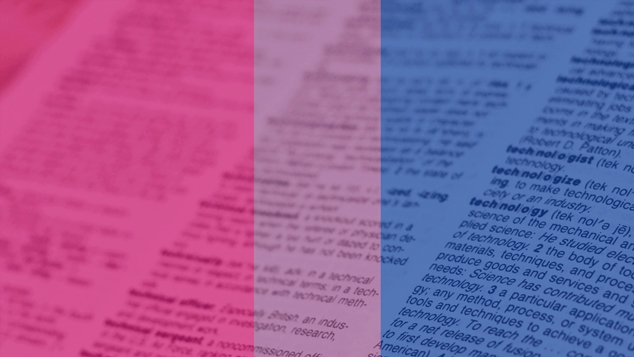
Asked about her bisexuality, Duc Dau is unhesitating: “My heart is gay, but my vagina is less discriminatory.”
It’s a quote from the bisexual writer Anna Pulley, and Duc often draws on a range of literature to illustrate her points – from Pulley to Sappho to Walt Whitman.
Together with her Bi+ Community Perth group co-founder, Misty Farquhar, Duc co-authored the academic paper Real, visible, here: Bisexual+ visibility in Western Australia.
“Bisexual+ people are thought to be the largest group in the LGBTIQ+ population yet we are commonly misunderstood by mainstream society and are often invisible in the broader LGBTIQ+ discourse” they note in the article.
Identity is tricky. “My sexuality has always just felt so natural and inclusive,” Misty explains, “but I also knew that there were widely accepted social rules that I didn’t seem to know about.”
“Once I understood there were labels for my sexuality (and my gender), I understood why things had always felt different, in that social sense,” they say.
Recently, legendary bisexual activist Robyn Ochs got Merriam-Webster, the dictionary people, to update their definition for bisexual. It would have been considered outdated 30 years ago when Ochs wrote The Bisexual Manifesto.
Getting by with a little help from her friends in GLAAD, Ochs had them stop being dic-tators and adopt less binary phrasing — changing what Misty refers to as “the negative implications of the [bisexual] label.”
With this update, it now reads: “of, relating to, or characterized by sexual or romantic attraction to people of one’s own gender identity and of other gender identities.” It’s better, but imperfect.
This update was protested by some in the LGBTIQ+ community, with people complaining Ochs’ definition was somehow wrong, or that bisexuals were trying “to force a new definition” on people.
It’s no surprise. “The erasure of bisexual+ history in activism is merely a mirror of the erasure of bisexual+ representation in other important areas of concern to activists” Misty and Duc share in their paper.
But what’s the big deal with definitions?
Bi+ Community Perth member Ash Nichols says he finds sexual identity labels limiting. But, as adjectives, they can be useful.
Taken literally, Ash says, bi+ means to him “being a multi-gendered attracted person.” It can be that simple.
Misty readily agrees, “Bi+ is about being open to relationships with people of any gender — and there are loads of labels that can be used with that same definition,” they explain.
For Duc, being bi+ is about freedom. “The freedom to interrogate systems, along with the limits, the boundaries, and the borders of established norms. The freedom to cross over into new, and even enemy, territory.”
Talking personally, Duc says “Bisexuality is a hard-fought identity, for people of my generation in particular who grew up without the internet, and might not have come across the term until confusion around attraction had already set in,”
“Once I came across the term at university and accepted it, I felt a quiet thrill. It was like I had once been at sea but had now caught sight of a wondrous island that I had never been told about.”
As with many things, discovering and accepting your identity can be a journey.
“I’ve always been bisexual,” Ash explains, but it’s been complicated for him. “I chose to identify as gay when I was in my teens since biphobia was impossible to live with… it wasn’t until 2012 that I totally identified as bi and dropped the gay label,” he says. You can tell how weary this still makes him.
For Ash, the change came from a chance meeting. “I met a bisexual guy in Perth,” he shares.
“He worked FIFO on a mining site, and we had an intense chat about bisexuality, he told me about his life and how most of his mates were bi men.”
“This showed me that there’s many bisexual men out there, yet there was no bisexual community or bisexual culture. If you were bi you were pretty much on your own,” he says.
There’s a common theme here. Identifying as bi+ is about freedom, the freedom of being attracted to multiple genders.
There’s no discussion limited by “one’s own gender identity and of other gender identities” because you don’t need to be attracted to your own gender to be multi-gender attracted.
As Ochs herself has been saying for the past three decades:
“I have in myself the potential to be attracted – romantically and/or sexually – to people of more than one sex and/or gender, not necessarily at the same time, not necessarily in the same way, and not necessarily to the same degree.”
Stick that in your dictionary, Merriam-Webster.
If you’re multi-gender attracted and looking for a platonic group of friends where you can feel comfortable about your sexuality, join Bi+ Community Perth on Facebook here
Jay Chesters

Love OUTinPerth Campaign
Help support the publication of OUTinPerth by contributing to our
GoFundMe campaign.




